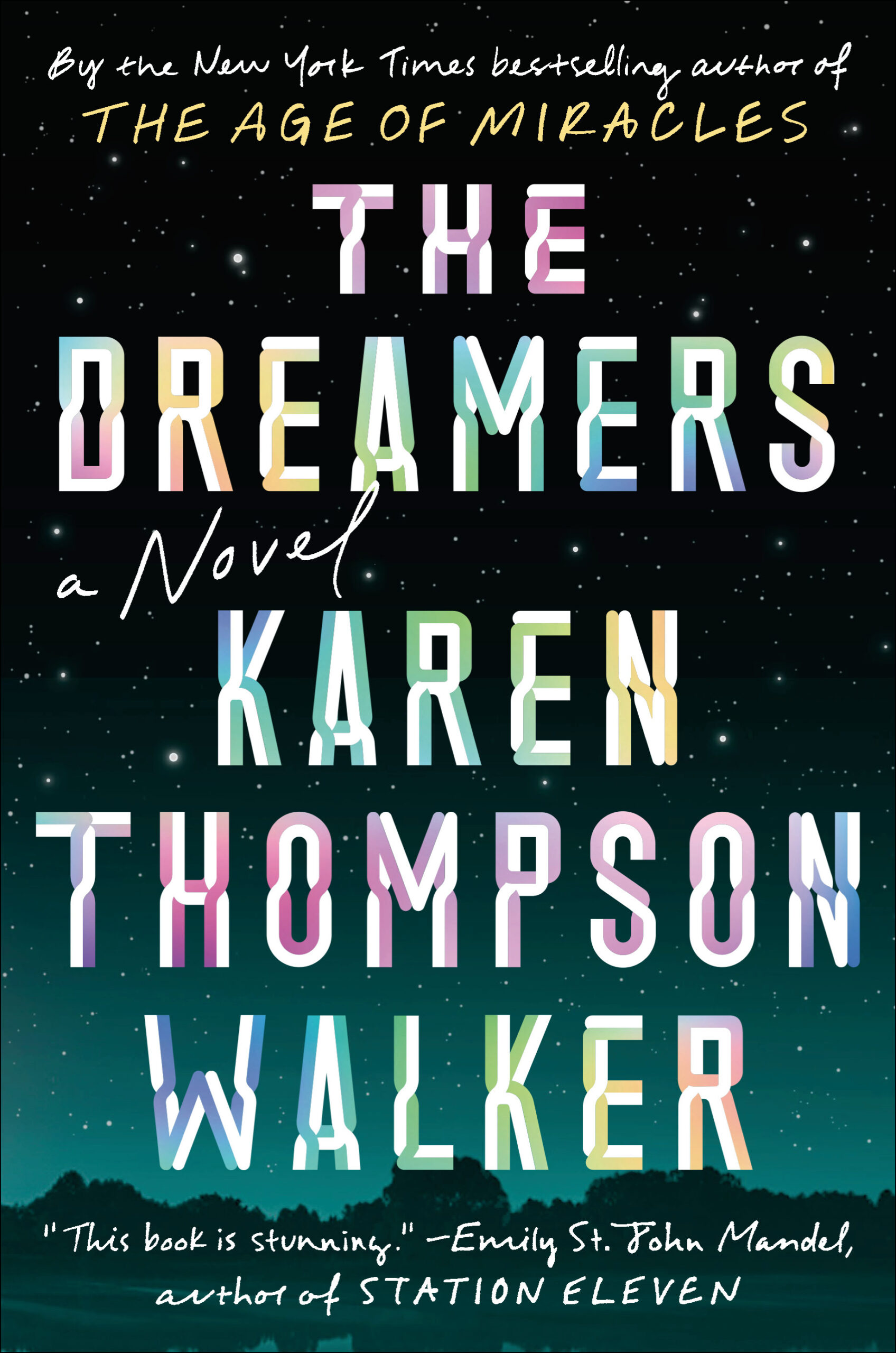A Dreamlike Exploration of Existence: Karen Thompson Walker’s “The Dreamers” Unveiled

Introduction:
Karen Thompson Walker’s “The Dreamers” is a haunting exploration of the boundaries between reality and imagination, sleep and wakefulness. Published in 2019, the novel has captivated readers with its lyrical prose, thought-provoking themes, and a narrative that blurs the lines between the ordinary and the extraordinary. In this extensive review, we embark on a journey into the dreamlike world of “The Dreamers,” analyzing its narrative intricacies, thematic richness, and the profound questions it raises about the human experience.
Narrative Structure: A Web of Dreams and Realities
“The Dreamers” unfolds in the fictional town of Santa Lora, where an enigmatic illness spreads, causing people to fall into a deep, seemingly never-ending sleep. Walker employs a multi-perspective narrative, shifting between various characters and viewpoints to create a tapestry of experiences. This narrative structure serves as a fitting metaphor for the interconnectedness of lives within the town, as the sleeping and waking worlds intertwine in mysterious ways.
The novel’s non-linear approach to storytelling allows Walker to delve into the depths of her characters’ consciousness, exploring their fears, desires, and the ethereal landscapes of their dreams. The dreamlike quality of the narrative mirrors the surreal nature of the epidemic, adding a layer of complexity to the exploration of the human psyche and the fragility of reality.
Character Portraits: Faces of Vulnerability
“The Dreamers” introduces readers to a diverse cast of characters, each grappling with the unfolding crisis in their own way. From college students to parents, doctors, and children, Walker skillfully captures the vulnerability of the human condition. As the epidemic progresses, the characters face not only the physical threat of the illness but also the emotional and existential challenges that arise when the familiar boundaries of life are blurred.
Walker’s ability to render nuanced character portraits contributes to the emotional resonance of the novel. Each individual, whether awake or dreaming, becomes a microcosm of the collective human experience. Their hopes, fears, and the relationships they form amid the chaos serve as a poignant exploration of the fundamental need for connection, even in the face of existential uncertainty.
Themes: Sleep, Time, and the Human Experience
At its core, “The Dreamers” grapples with profound themes that transcend the boundaries of a traditional epidemic narrative. The novel delves into the nature of sleep, the passage of time, and the ways in which dreams shape our understanding of reality. Walker invites readers to reflect on the subjective nature of experience, blurring the lines between waking life and the subconscious realms of sleep.
Time, as a fluid and malleable concept, becomes a central motif in the narrative. The characters, whether in a state of wakefulness or dreaming, navigate the temporal landscape with a sense of urgency and existential contemplation. Walker’s exploration of time adds a layer of philosophical depth to the novel, prompting readers to consider the transitory nature of life and the fragility of the moments that define our existence.
Prose Style: Lyrical and Evocative
Walker’s prose in “The Dreamers” is characterized by its lyrical beauty and evocative descriptions. The author crafts a dreamlike atmosphere through her use of language, inviting readers to immerse themselves in the ethereal landscapes of the characters’ dreams. The poetic quality of the writing enhances the emotional impact of the narrative, creating an immersive reading experience that transcends the boundaries of the page.
The author’s command of language is particularly evident in her ability to convey the emotional nuances of the characters’ experiences. Whether describing the tender moments of connection between loved ones or the disorienting landscapes of dreams, Walker’s prose captures the essence of the human psyche with a rare sensitivity.
Conclusion: A Reverie on the Human Condition
“The Dreamers” is a mesmerizing exploration of the human condition, masterfully crafted by Karen Thompson Walker. The novel’s narrative intricacies, thematic richness, and evocative prose converge to create a work that transcends the confines of genre and delves into the profound mysteries of existence. As readers navigate the dreamlike landscapes of Santa Lora, they are not merely witnesses to an epidemic but participants in a reverie that prompts reflection on the nature of reality, the passage of time, and the interconnectedness of the human experience. “The Dreamers” stands as a testament to the transformative power of literature to illuminate the depths of our subconscious and awaken a contemplative awareness of the fragility and beauty inherent in the shared dream of life.







